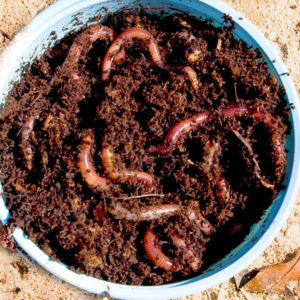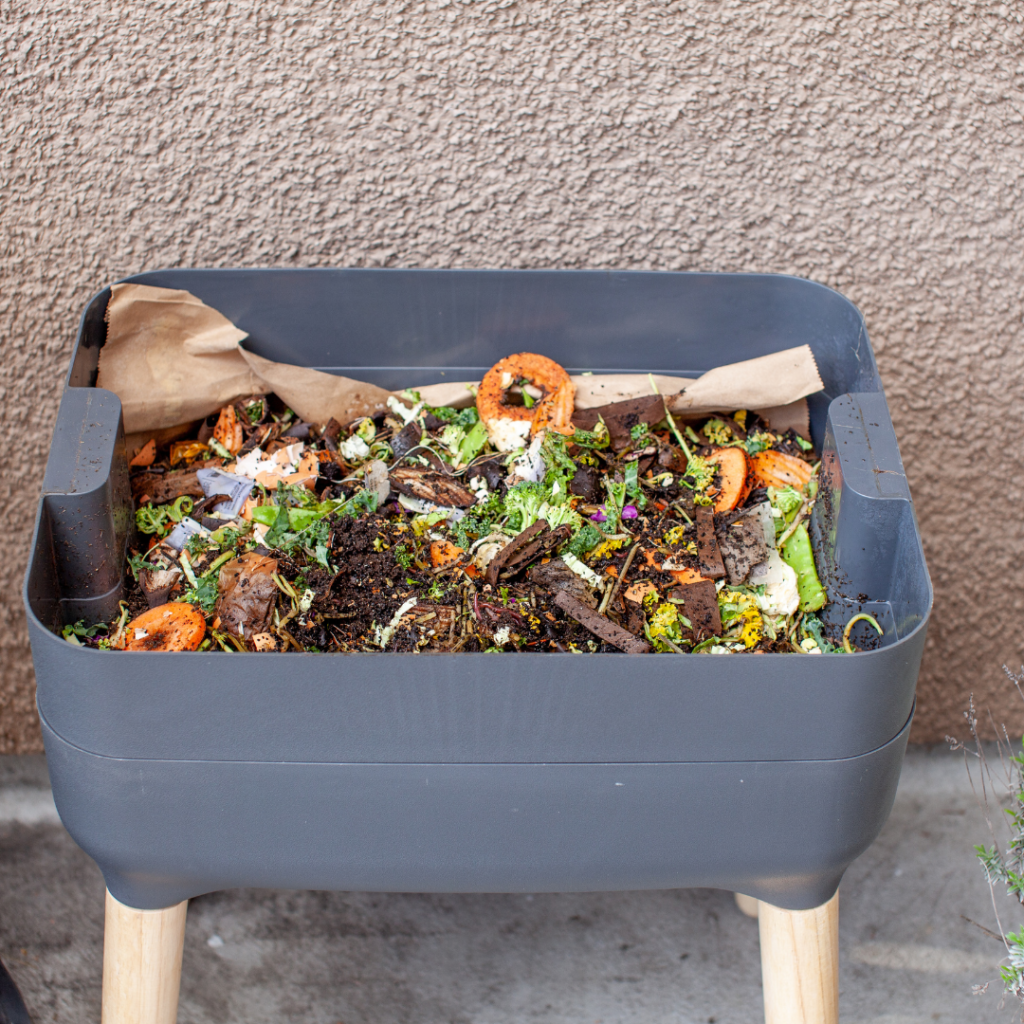Worm castings are one of the biggest and best secrets to growing amazingly healthy and productive plants. They are not only easy to use, but they are versatile as well. They work perfectly for your garden vegetables but also work great for flowers, hanging baskets, containers, perennials, trees, and shrubs. The list just goes on and on! You can listen in below to the complete podcast, or read on for our in-depth article below on worm castings. how to use worm casting to boost your monstera plants
Pretty much any living plant can benefit from the addition of worm castings. Not only that, but the best part is they are 100% natural and organic!
Worm castings are a highly concentrated source of beneficial microorganisms that help your plants grow better and stronger than ever before! In addition to being full of microorganisms that boost growth, they also help protect against diseases like root rot by producing natural antibiotics that prevent pathogens from infecting your plants’ roots.
In addition to all these benefits, worm castings also improve soil structure by increasing its porosity so water can drain through easily without leaving behind pools of standing water where pests can lay eggs or disease-causing organisms can grow thickly enough to cause problems for your plants later down
Worm castings are the nutrient-rich, organic by-product of earthworms. They’re what’s left behind when earthworms eat and digest waste, which they do all the time!
Earthworms are always burrowing through the dirt and eating away at it, which is how they get their nutrition. They eat bacteria, fungi, decaying plants and animals—pretty much anything that’s in their way. And then they poop out what’s left over: worm castings (you can think of them as worm poop).

In nature, these castings would be broken down slowly by microbes in the soil and released back into the surrounding environment in a very controlled way. But when you feed your plants with them directly, you’re speeding up that process. That means there are more nutrients available to your plant immediately—and you don’t have to wait for them to break down naturally!
Where To Find Worm Castings?
If you are wondering where you can buy a good quality of worm castings? We are happy to say that we know an online store where you can buy good quality worm castings. It’s affordable and since it’s an online store you will save more time and effort.
Jim’s Worm Castings is our trusted online shop. It’s a great place to purchase worm castings if you are looking for good quality. They sell not just worm casting but almost everything you need to make your plants healthy like compost worms, mealworms, compost, organic fertilizers, and organic pest control, you can also make worm farms with worm food and bedding, and many more.
Click here to check their store and place an order.
How To Use Worm Castings
DIY Worm Castings
Worm castings are a great way to increase the soil’s nutrient content and improve the health of your plants. They’re also an excellent addition to your compost pile, as they contain all the nutrients that will help it decompose. The process of making worm castings is called vermicomposting, and it’s very easy if you have a worm bin.
The box should be around one foot deep. This allows enough space for the worms to live and create the castings without being too overwhelming or taking too long.
Drill a few holes in the bottom of the box to allow excess moisture to drain. Place some kind of screen material over the holes, making sure not to use metal that will rust. A plastic window screen works perfectly for this.
Place about 3 to 4 inches of damp shredded paper in the bottom of your container. After that, mix in several inches of moistened soil, compost, shredded leaves, etc., until you’ve got what looks like a sticky paste consistency at its thickest point (about twice as thick as regular soil). Finally, add your worms and some kitchen scraps or other sources
